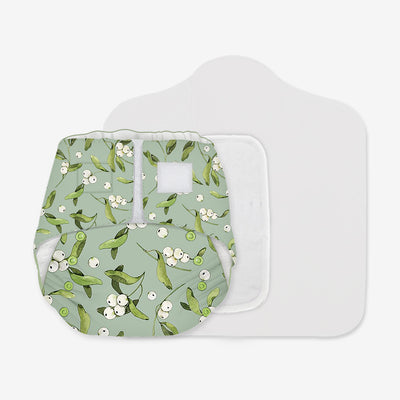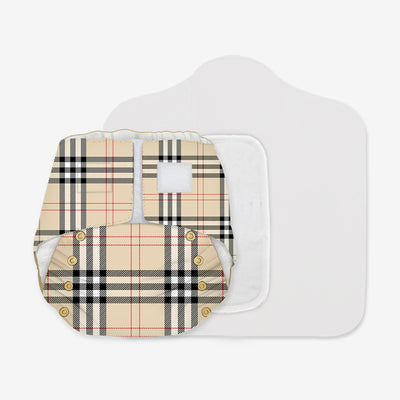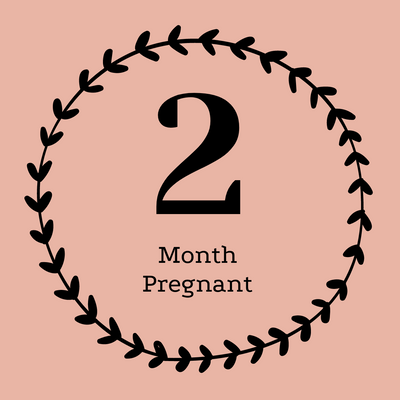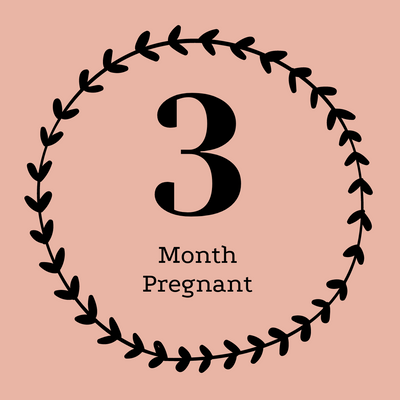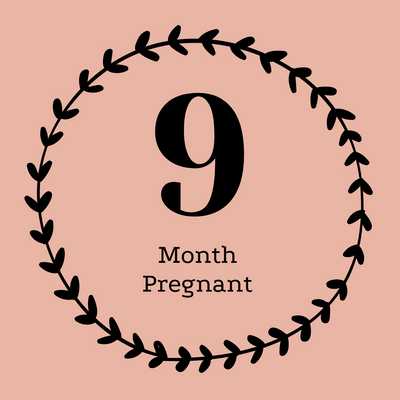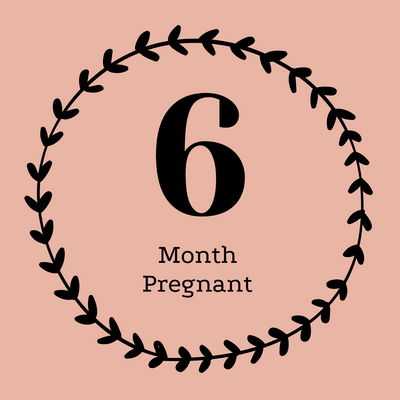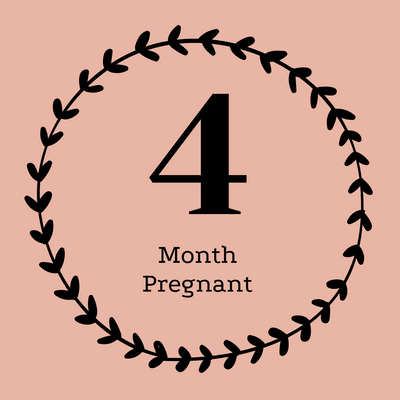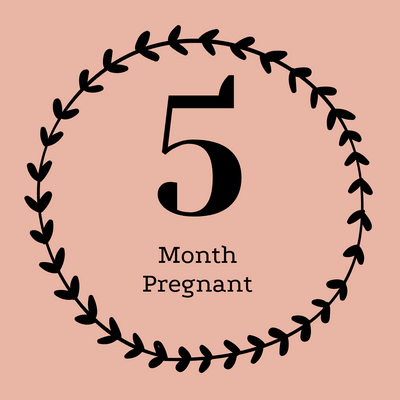1 Month Pregnant

Discovering that you're pregnant is an incredible moment filled with excitement and anticipation. At one month pregnant, you're just beginning this incredible journey. While it may be too early to see any physical changes, there are several important developments happening both inside your body and with your baby. In this article, we'll explore the common pregnancy symptoms at one month pregnant, how your baby is developing, changes to your body, how far along you are, how your due date is calculated, and provide a helpful checklist for this stage of your pregnancy.
Common Pregnancy Symptoms at 1 Month Pregnant:
During the first month of pregnancy, you may start experiencing some early pregnancy symptoms. These symptoms can vary from woman to woman, but some common ones include:
Fatigue:
Feeling more tired than usual is a typical symptom of early Your body is diligently supporting the growth and development of your baby.
Breast changes:
You might notice that your breasts feel tender or swollen. You may notice an increase in nipple sensitivity as well.
Nausea or morning sickness:
Although it's commonly known as morning sickness, it can occur at any time of the day. You might feel queasy or experience vomiting.
Increased urination:
Hormonal changes can lead to more frequent trips to the bathroom.
How Is Your Baby Developing This Month?
At one month pregnant, your baby is in the early stages of development. The fertilized egg, also known as a zygote, has implanted itself into the lining of your uterus. Here are some key milestones during this stage:
Formation of the embryo:
Your baby is now an embryo. The outer layer of cells will develop into the placenta, while the inner cells will become the embryo itself.
Neural tube development:
The neural tube, which will eventually become the brain and spinal cord, starts to form during this month.
Basic organ development:
The heart, lungs, and digestive system begin to take shape, although they are still in the early stages.
What is the size of your baby during the first month of pregnancy?
At one month pregnant, your baby is tiny, measuring about the size of a poppy seed or a grain of rice. It's incredible to think that such a small being holds so much potential for growth and development.
Transformations occurring in your body at one month pregnant:
While you may not notice any physical changes at this stage, your body is already undergoing some significant transformations to support the pregnancy:
Hormonal changes:
The levels of pregnancy hormones, such as human chorionic gonadotropin (hCG) and progesterone, are increasing to support the pregnancy and prepare your body for the months ahead.
Increased blood flow:
Your body is directing more blood to your uterus to provide oxygen and nutrients to your developing baby.
Changes in the cervix:
The cervix begins to soften and produce more mucus to form a protective barrier.
Determining your pregnancy progress at one month:
Counting pregnancy in months can be a bit confusing, as it doesn't align precisely with the weeks. At one month pregnant, you are in the early stages of pregnancy, specifically around weeks 1 to 4.
How Is Your Due Date Calculated?
Your due date is typically calculated based on the first day of your last menstrual period (LMP). The estimated due date is approximately 40 weeks or 280 days from this day. However, keep in mind that this is just an estimate, and your healthcare provider may adjust it based on other factors.
Checklist for When You’re 1 Month Pregnant:
Here's a helpful checklist to guide you through the first month of pregnancy:
- Make sure to book your initial prenatal appointment with your healthcare provider.
- Follow your healthcare provider's recommendation and begin incorporating prenatal vitamins into your daily routine.
- Maintain a well-rounded and nourishing diet by incorporating ample fruits, vegetables, whole grains, and lean proteins into your meals.
- Stay hydrated and drink plenty of water.
- Avoid alcohol, smoking, and any substances that could be harmful to your baby.
- Get regular exercise, but consult with your healthcare provider before starting any new exercise routine.
- Educate yourself about pregnancy and childbirth by reading books or attending prenatal classes.
- Reach out to your support system, whether it's your partner, family, or friends, and share the news with them.
The first month of pregnancy marks the beginning of an incredible journey. While physical changes may not be visible yet, your body and baby are undergoing important developments. Understanding the common symptoms, baby's growth, changes in your body, and the calculation of your due date can help you navigate this early stage of pregnancy with confidence. Ensure to seek personalized guidance and support from your healthcare provider throughout your pregnancy journey.




